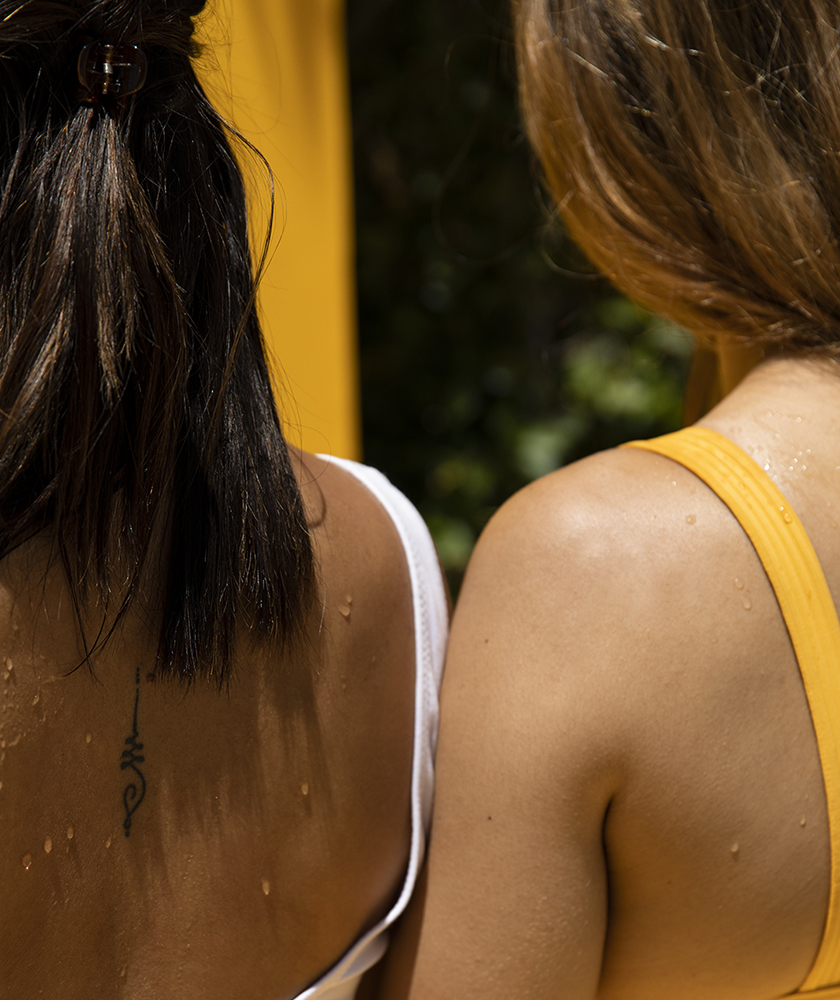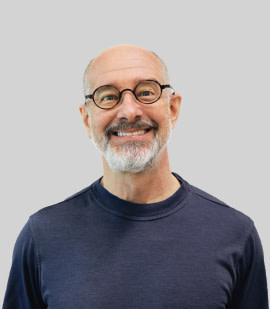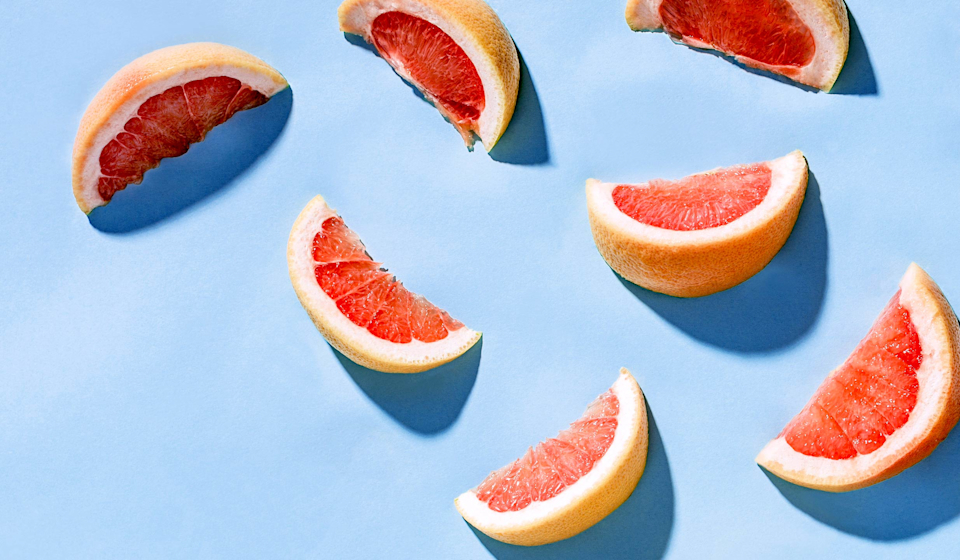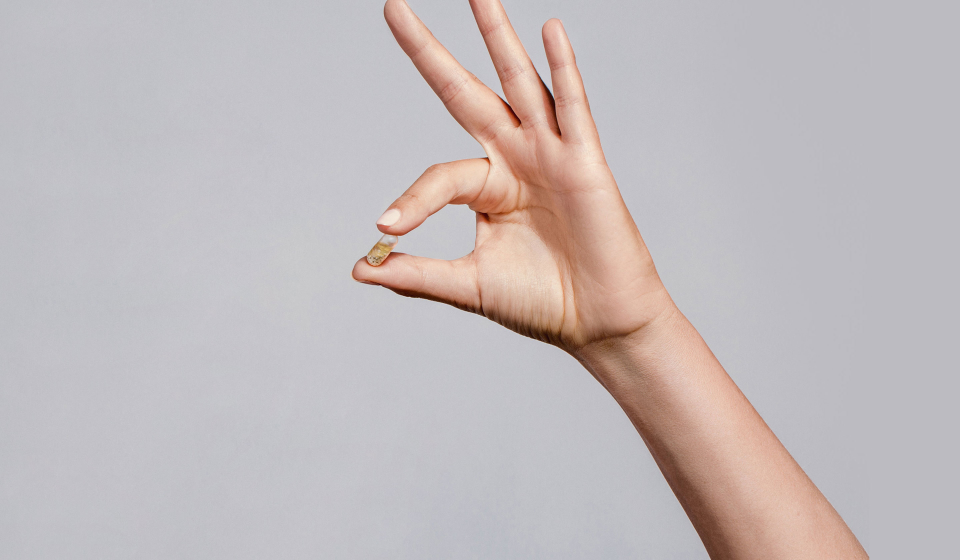Essential Takeaways
- Approximately 65% of Americans are lacking in vitamin D.*
- While sunlight gets all the buzz for being a solid source of vitamin D, it's not foolproof when it comes to this key nutrient—thanks to factors like city living, seasonal changes, and even SPF.
- In addition to logging time outside (with sun protection, of course), we recommend trying to get as much vitamin D as possible from your diet, and supplementing the rest.*
When we hear someone say they’re “getting their vitamin D,” it’s probably safe to assume that they’re headed outside to catch some much-needed rays. That’s because sun exposure is so well-known as an ideal source of this key nutrient, the two have become practically interchangeable in daily conversation.
But while it’s true that the sun is an amazing source of vitamin D production (if we want to get really technical, our skin absorbs photons from the sun to synthesize D), it’s not always a fail-safe option, either—factors like urban dwelling, office jobs, the changing seasons, and even sunscreen can all get in the way of reaching your optimal vitamin D levels. In fact, research shows that approximately 65% of Americans are not getting enough vitamin D from diet and sun exposure combined. (1) That’s not great for the processes this nutrient helps support in the body, like calcium absorption, bone health, and normal immune function.*
That’s why it’s a good idea to become better-versed on all the other ways you can get enough vitamin D: like via certain foods, in addition to a multivitamin to help fill gaps. “Ultimately, supplementation is a smart source of vitamin D given that most people don’t get enough adequate sunlight,” says nutritionist Michelle Davenport, PhD, RD, who is a member of Ritual’s Scientific Advisory Board.*













